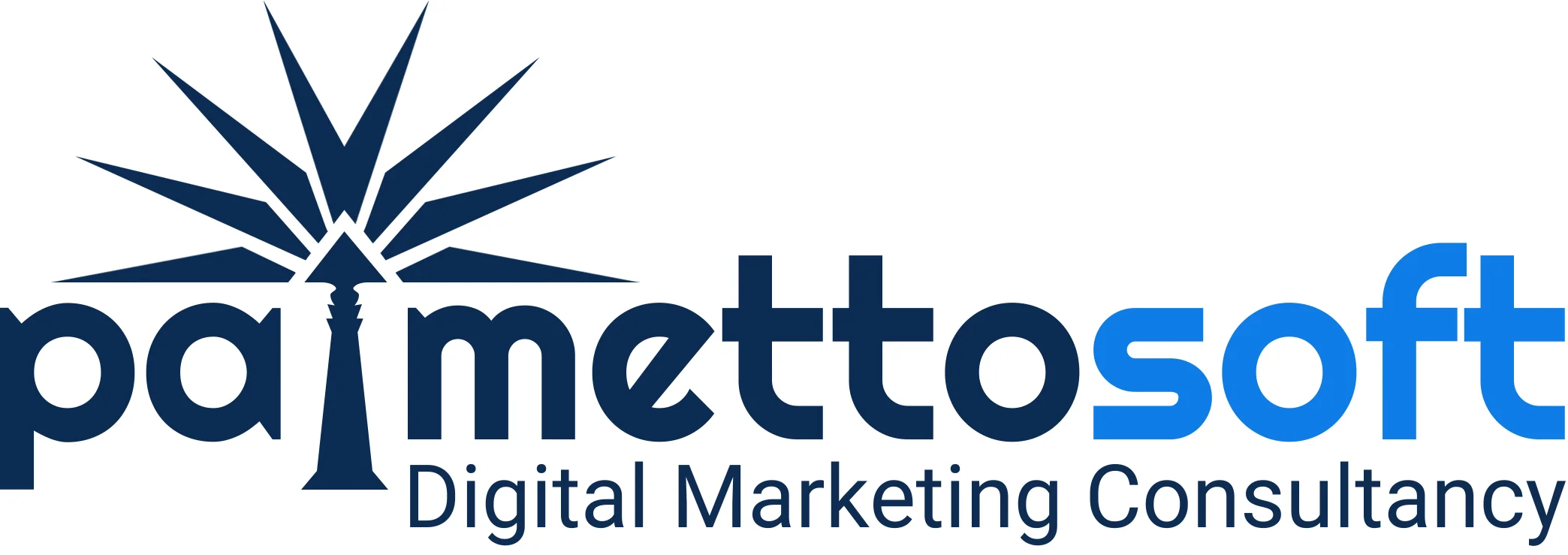Link building is one of the most critical, yet challenging, aspects of the SEO process. It involves acquiring hyperlinks from other websites that point to your own, and these links, known as backlinks, serve as a signal to search engines that your content is credible and authoritative. A well-executed link-building strategy can significantly boost your site’s search engine rankings, drive more traffic, and enhance your online reputation.
In this blog post, we’ll explore the importance of link building, various strategies to acquire high-quality backlinks, and best practices for ensuring your link-building efforts contribute to sustainable SEO success.
Why Link Building is Crucial for SEO
1. Establishing Authority and Trustworthiness
Search engines like Google use backlinks as a way to measure the authority and trustworthiness of a website. When reputable websites link to your content, it signals to search engines that your site is a reliable source of information. This can lead to higher rankings in search results, especially for competitive keywords.
- Tip: Focus on acquiring backlinks from websites that are relevant to your industry and have high domain authority. These types of links carry more weight and can have a more significant impact on your rankings.
2. Driving Referral Traffic
In addition to improving your search engine rankings, backlinks can also drive referral traffic to your site. When users click on a link to your site from another website, they are referred to as referral traffic. High-quality backlinks from popular websites can result in a steady stream of visitors who are interested in your content, products, or services.
- Tip: Target websites with an engaged audience that aligns with your target demographic. This increases the likelihood of generating valuable referral traffic that can lead to conversions.
3. Improving Indexation
Backlinks can help search engines discover your site more efficiently, particularly if your website is new or if you’ve recently added new pages. When search engine crawlers encounter a link to your site on another webpage, they follow that link to index your content. The more quality backlinks you have, the easier it is for search engines to find and index your site.
- Tip: Build links to both your homepage and deeper pages (e.g., blog posts, product pages) to ensure that all important content on your site is discovered and indexed.
4. Enhancing Brand Visibility and Recognition
When your website is linked to by authoritative sites in your industry, it can enhance your brand’s visibility and reputation. This not only helps with SEO but also positions your brand as a leader in your field. Over time, consistent link-building efforts can lead to increased brand recognition and trust among your target audience.
- Tip: Aim to get your content featured on high-profile industry websites, news outlets, and influential blogs. This can amplify your brand’s reach and attract more attention from potential customers.
Effective Link-Building Strategies
Link building is not about quantity, but quality. Here are some proven strategies for how to do link building in SEO to help you build high-quality backlinks:
1. Guest Blogging
Guest blogging involves writing articles for other websites in your industry. In exchange, you usually receive a backlink to your site, often in the author bio or within the content itself. Guest blogging is a powerful way to build relationships, share your expertise, and gain high-quality backlinks from authoritative sites.
- Best Practices:
- Identify reputable blogs in your niche that accept guest posts.
- Pitch unique and valuable content ideas that align with the blog’s audience.
- Ensure your guest posts are high-quality and offer real value to readers, as this increases the likelihood of acceptance and sharing.
2. Broken Link Building
Broken link building involves finding broken (or dead) links on other websites and offering your content as a replacement. This strategy is effective because it helps the website owner fix a problem while earning you a valuable backlink in return.
- Best Practices:
- Use tools like Ahrefs or Check My Links to identify broken links on relevant websites.
- Reach out to the site owner, politely pointing out the broken link and suggesting your content as a replacement.
- Make sure the content you’re offering is a natural fit for the context of the original link.
3. Creating Link-Worthy Content
One of the most organic ways to build backlinks is by creating content that others naturally want to link to. This could include in-depth guides, original research, infographics, case studies, or interactive tools. When your content is exceptionally valuable or unique, other websites will be more likely to reference it and link back to your site.
- Best Practices:
- Focus on creating evergreen content that remains relevant and useful over time.
- Promote your content through various channels, including social media, email newsletters, and outreach to industry influencers.
- Regularly update and refresh your top-performing content to maintain its linkability.
4. Engaging in PR and Outreach
Public relations (PR) and outreach efforts can also be instrumental in acquiring high-quality backlinks. By reaching out to journalists, bloggers, and industry influencers, you can secure media coverage, mentions, and backlinks from high-authority sites.
- Best Practices:
- Develop a compelling story or angle that highlights your expertise, unique offerings, or industry insights.
- Build relationships with journalists and influencers by engaging with their content and providing value.
- Use press releases and media kits to share newsworthy updates about your business.
5. Leveraging Social Media and Online Communities
While social media links themselves may not directly influence SEO, they can play a role in your link-building strategy by driving traffic to your content and increasing its visibility. When your content gains traction on social media or in online communities, it’s more likely to be noticed and linked to by bloggers, journalists, and other website owners.
- Best Practices:
- Share your content across all relevant social media platforms, using engaging visuals and copy to attract attention.
- Participate in online communities, forums, and discussion groups related to your industry.
- Encourage your audience to share your content by making it easy to do so with social sharing buttons and calls to action.
6. Directory Submissions
Submitting your website to high-quality online directories can still be a valuable link-building tactic, particularly for local SEO. While the impact may not be as significant as other strategies, directory links can contribute to a diverse backlink profile and help improve your site’s visibility in local search results.
- Best Practices:
- Focus on reputable, industry-specific directories that offer value beyond just a backlink.
- Ensure that your business information (NAP: Name, Address, Phone Number) is consistent across all directories.
- Avoid low-quality or spammy directories, as these can harm your SEO efforts.
Best Practices for Sustainable Link Building
Building a robust and effective backlink profile requires a strategic approach. Here are some best practices to ensure your link-building efforts are sustainable and effective:
1. Focus on Quality Over Quantity
Not all backlinks are created equal. A few high-quality backlinks from authoritative sites are far more valuable than dozens of low-quality links. Search engines prioritize links from reputable sources, so it’s essential to focus on quality rather than quantity.
2. Avoid Black Hat Techniques
Using black hat SEO techniques, such as buying links, using link farms, or engaging in excessive link exchanges, can result in penalties from search engines. These tactics may offer short-term gains, but they can severely damage your site’s long-term SEO prospects.
3. Diversify Your Link Sources
A diverse backlink profile is more resilient and appears more natural to search engines. Aim to build links from a variety of sources, including blogs, news sites, directories, social media, and industry-specific platforms.
4. Monitor Your Backlink Profile
Regularly monitor your backlink profile to ensure that the links pointing to your site are healthy and relevant. Tools like Google Search Console, Ahrefs, and Moz can help you track your backlinks, identify any harmful links, and disavow them if necessary.
5. Be Patient and Persistent
Link building is a long-term strategy that requires patience and persistence. It may take time to see the results of your efforts, but consistent, high-quality link-building will ultimately lead to improved search engine rankings and greater online visibility.
Conclusion
Link building is a critical component of a successful SEO strategy, offering numerous benefits that extend beyond just higher search rankings. By acquiring high-quality backlinks, you can enhance your site’s authority, drive referral traffic, improve indexation, and increase brand visibility.
However, link building is not a one-time effort—it requires a strategic, ongoing approach. By focusing on quality, avoiding black hat techniques, diversifying your link sources, and staying patient, you can build a robust backlink profile that supports your long-term SEO goals.
Related Posts:
SEO Process: Mastering Keyword Analysis for Effective Search Engine Optimization
SEO Process: Conducting a Comprehensive Website Audit for Optimal Performance
SEO Process: Mastering Landing Page Optimization for Enhanced Conversions
SEO Process: The Power of Blog Integration for Boosting Your Online Presence
SEO Process: Mastering Meta Elements for Improved Search Engine Visibility
SEO Process: The Importance of Citation Building for Local SEO Success
SEO Process: The Power of Blog Posting for SEO Success
SEO Process: Mastering Google Business Profile Optimization for Local SEO Success
SEO Process: The Importance of Reporting in Your SEO Strategy









